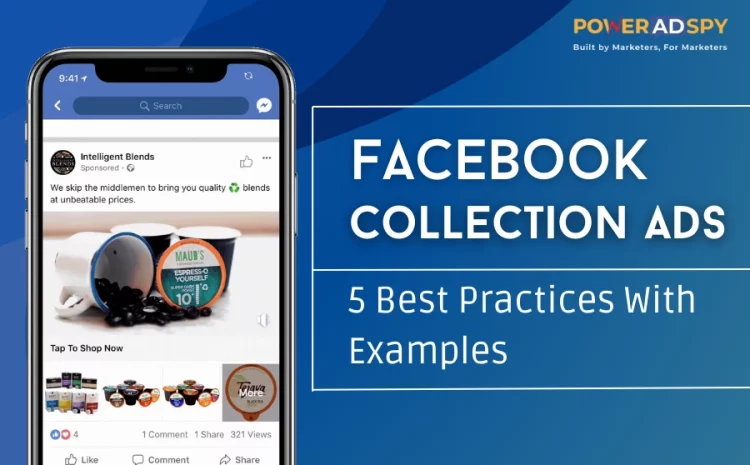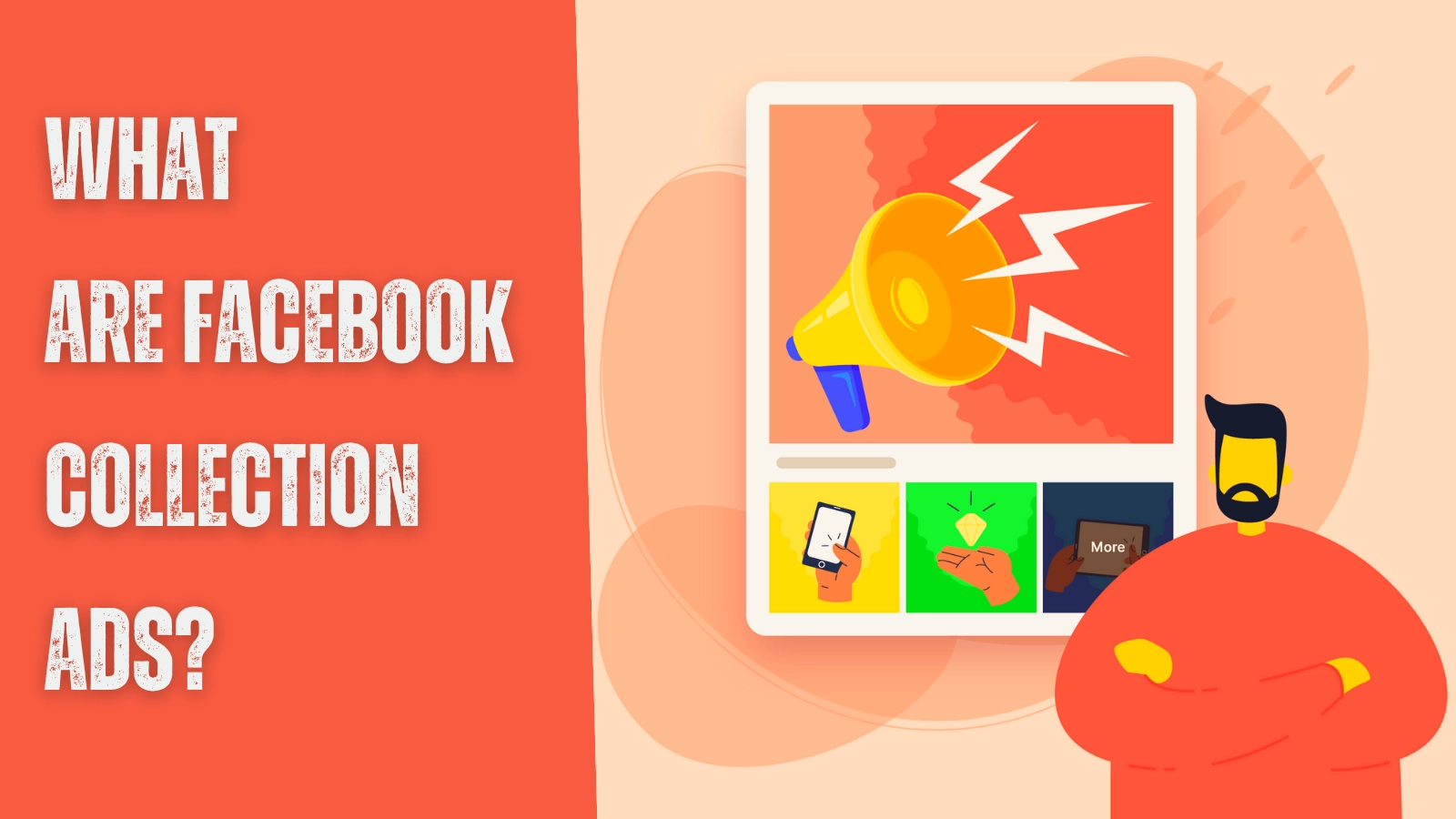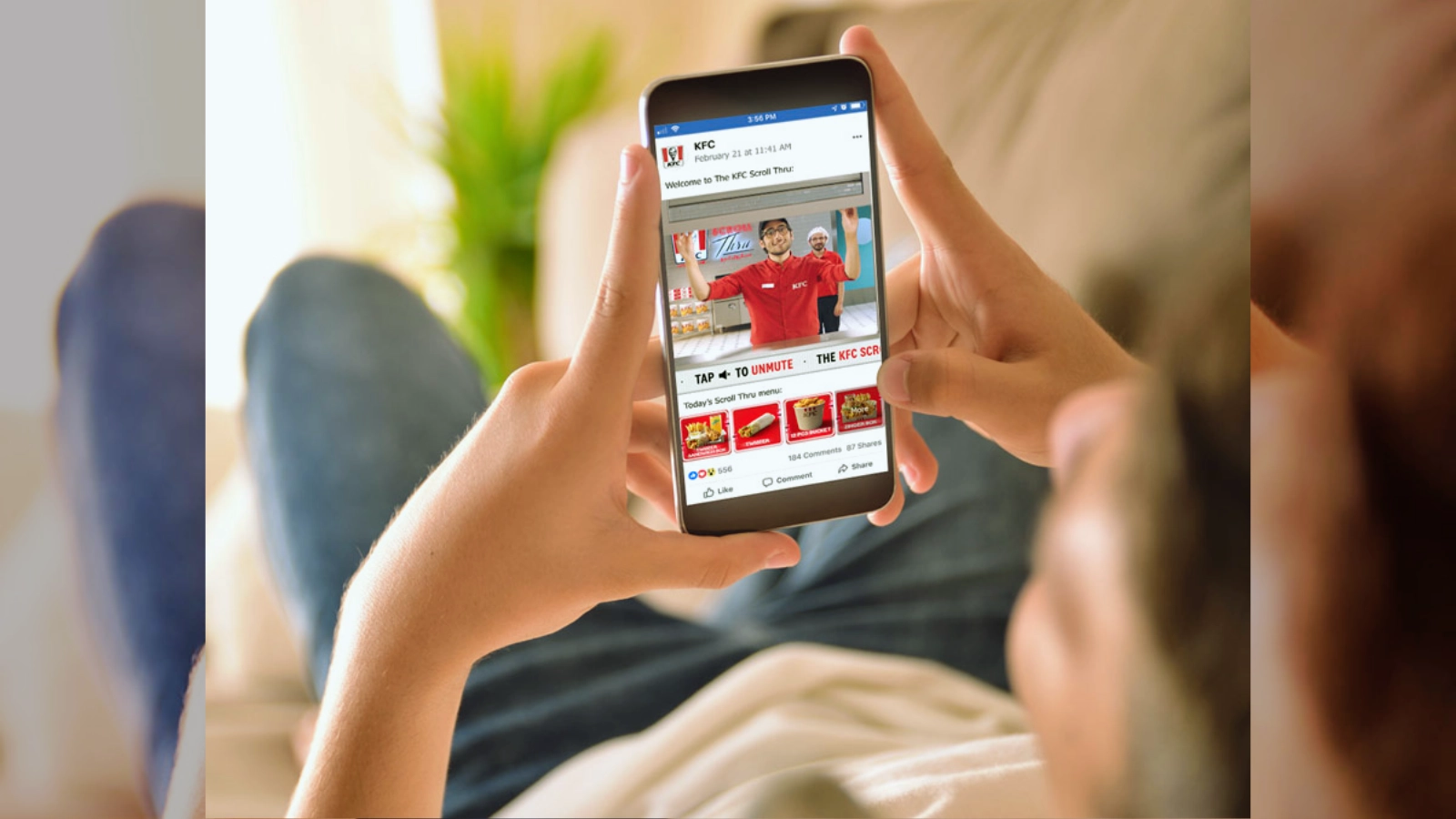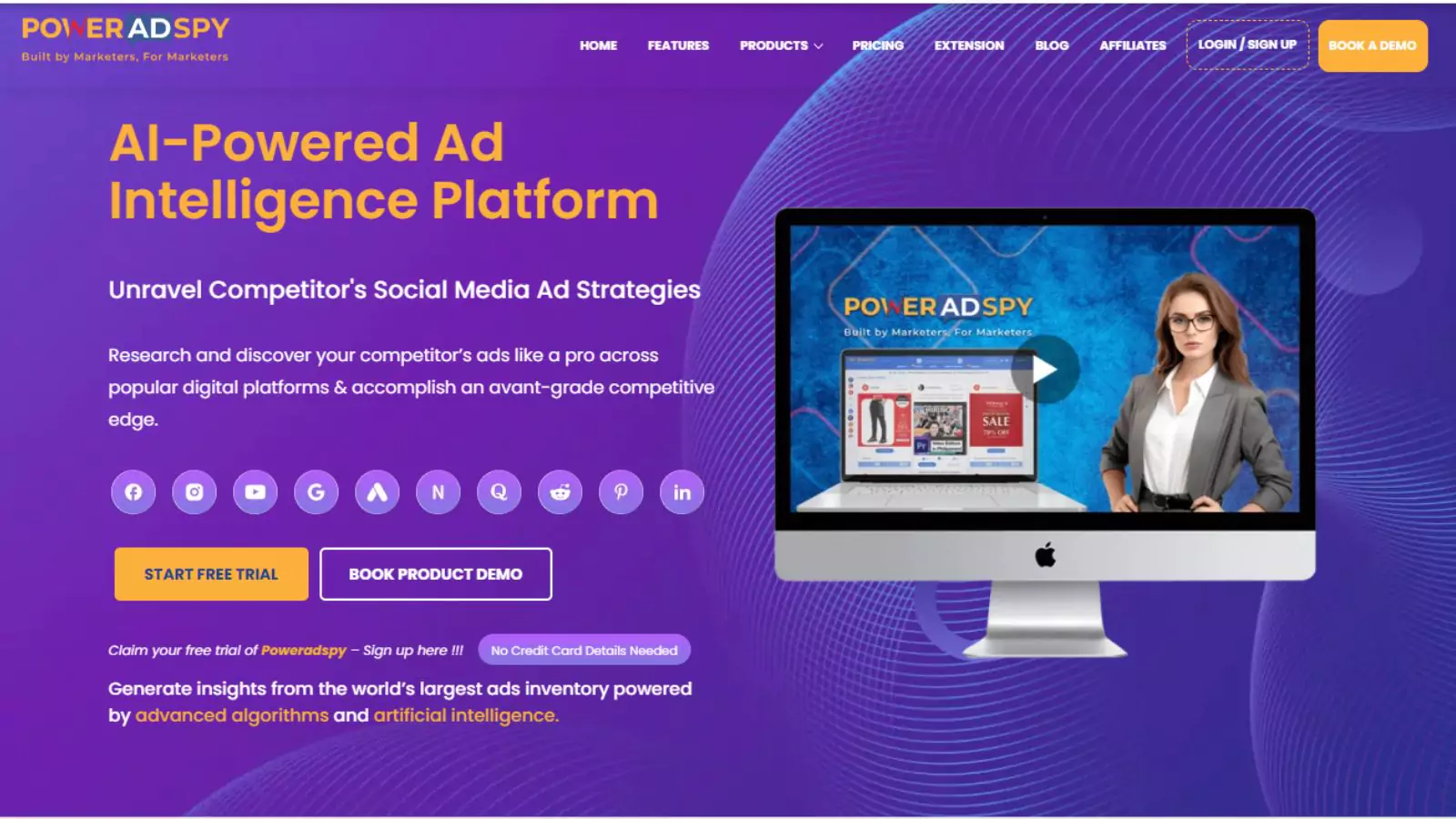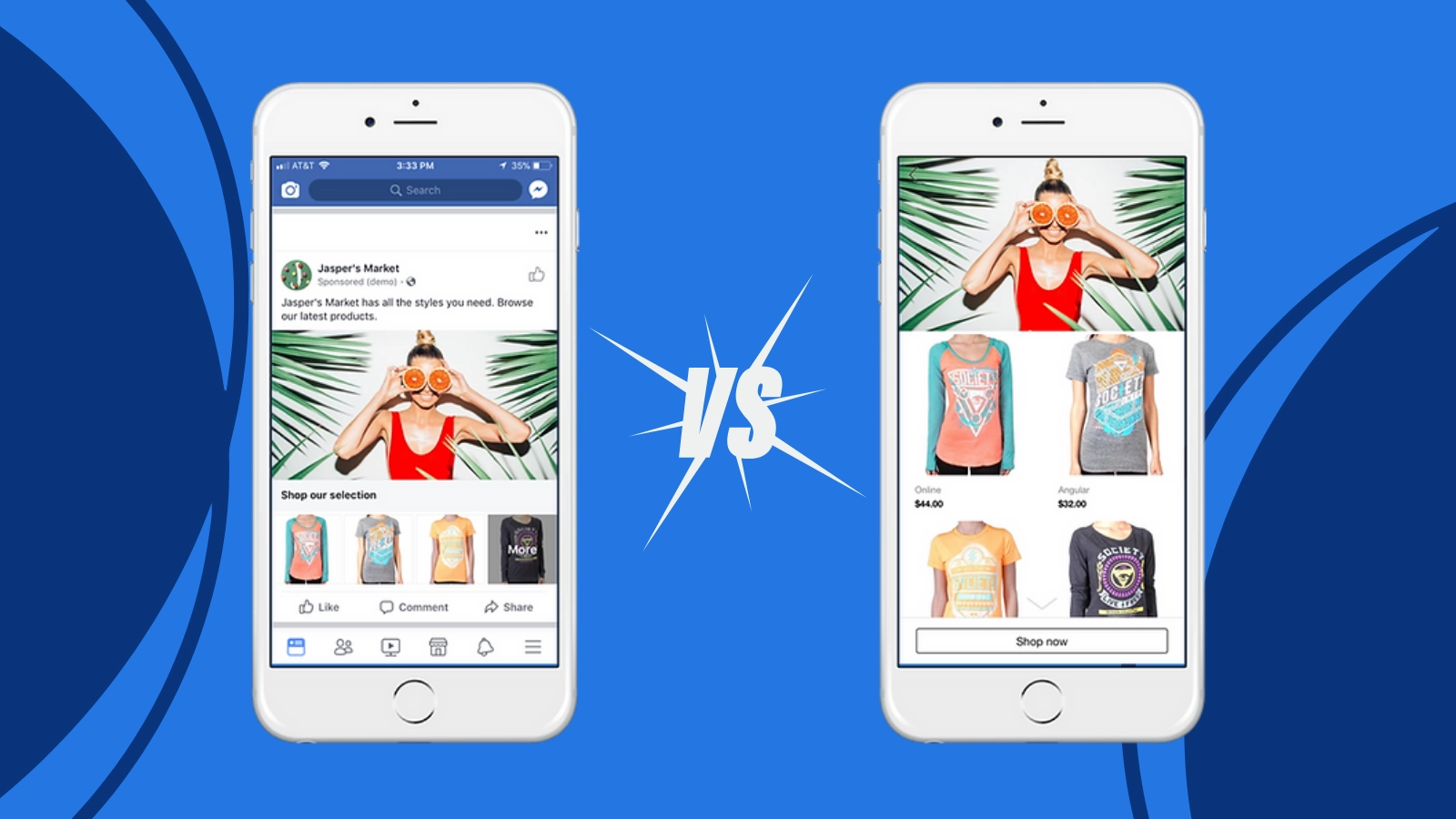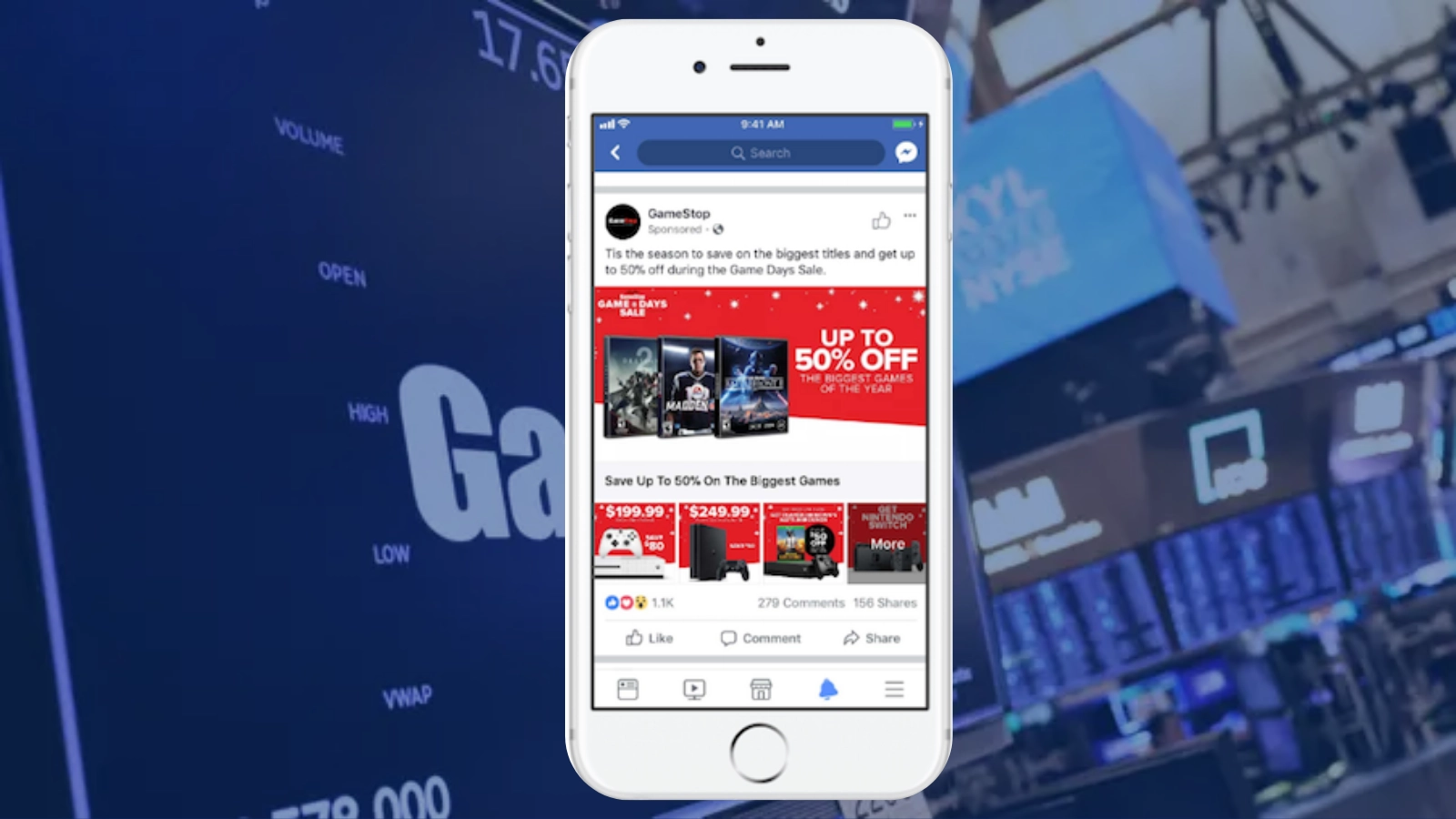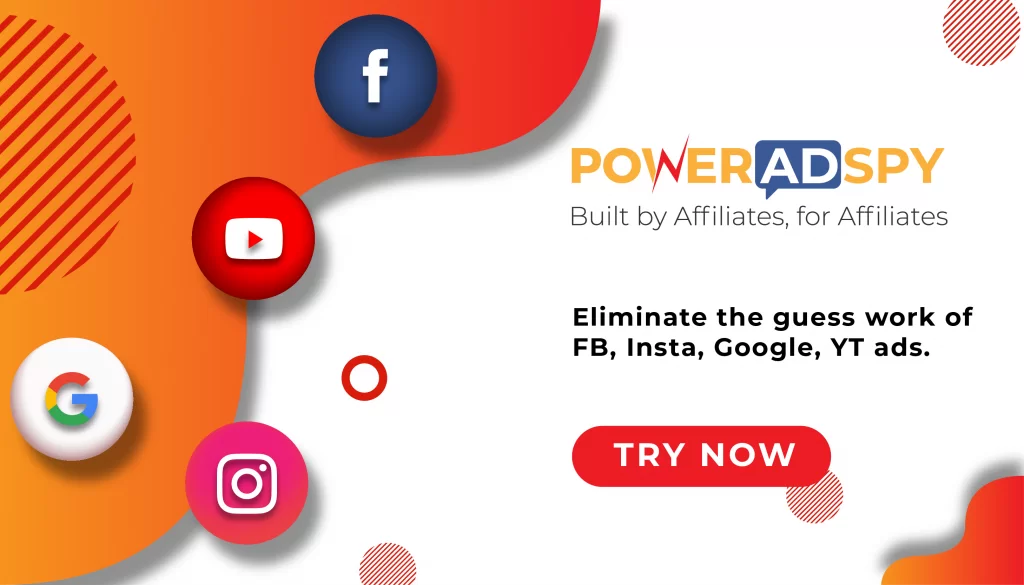5 Best Practices For Facebook Collection Ads With Examples
Peter Drucker, a marketing guru, repeated with deep meaning:
“The aim of marketing is to know and understand the customer so well that the product or service fits them and sells itself.”
This timeless wisdom serves as our guiding principle as we delve into the intricacies of Facebook collection ads, seeking not just to advertise but to resonate, connect, and ultimately, convert.
Picture a marketing journey where the fusion of creativity and strategy is not just a marketing goal but a necessity. In exploring the finest practices for Facebook collection ads, we’ll dive into the intricacies of creating an immersive experience beyond traditional advertising.
So, what are you waiting for?
Let’s jump right in!!
Listen To The Blog Now!
What Are Facebook Collection Ads?
Facebook collection ads are a type of immersive mobile advertisement format introduced by Facebook. These ads are designed to provide a visually compelling and interactive experience for users within the Facebook platform.
By combining various multimedia elements such as images, videos, and slideshows, collection ads allow advertisers to showcase multiple products or tell a cohesive brand story.
The primary goal of collection ads is to engage users and encourage them to explore a brand’s products or services in a seamless and visually appealing manner.
These ads often feature a cover image or video that serves as a gateway to a full-screen Instant Experience, providing users with an immersive, mobile-optimized view. Instant Experience, formerly known as Canvas Ads, is a feature that enhances the user experience by enabling fast-loading, full-screen mobile interactions.
When users tap on a Collection Ad, it opens up the Instant Experience, allowing them to browse through a curated selection of products or learn more about a brand’s story and offerings.
How do Facebook Collection Ads work with Instant Experience?
Facebook collection ads seamlessly integrate with Instant Experience, creating an immersive, full-screen, and instantly loading environment within the Facebook platform. Users can tap on the Collection Ad to explore a visually rich and interactive showcase of products, presented in a carousel format.
Instant Experience enhances the overall user experience by allowing seamless navigation, incorporating interactive elements, and providing a clear call to action. This integration aims to captivate users, encouraging deeper engagement and driving conversions within the Facebook ecosystem.
5 Facebook Collection Ads Best Practices
1. Choose Featured Products Wisely
The success of Facebook collection ads relies heavily on the meticulous selection of featured products. It is imperative to have a profound understanding of your target audience, showcasing items that align seamlessly with their preferences, seasonal trends, or ongoing promotions. For instance, a fashion retailer may strategically highlight its latest collection or bestsellers to captivate attention and stimulate conversions.
2. Select the Best Cover Visual
The cover visual acts as the initial point of engagement for users. Optimal engagement is achieved by choosing an eye-catching image or video that encapsulates your brand’s essence. This visual should be a compelling incentive for users to tap and delve further into the content. Consistent testing is vital to identify visuals that resonate most effectively with your audience, ensuring that the cover visual becomes a true representative of your brand identity.
3. Focus on Retargeting
The strategic implementation of retargeting is instrumental in re-engaging users who have previously interacted with your brand. The integration of Facebook Pixel enables precise tracking of user behavior, facilitating the creation of collection ads tailored explicitly for those who have exhibited prior interest. This personalized approach significantly enhances the likelihood of conversion by leveraging the familiarity users have developed with your products.
4. Drive Traffic with External Links
While the primary function of Facebook collection ads is to keep users within the platform, the strategic integration of external links can effectively drive traffic to your website. This becomes particularly advantageous for e-commerce businesses seeking to guide users to specific product pages. Ensuring a seamless transition between the Facebook ad and your website is crucial for maintaining a cohesive and uninterrupted customer journey.
5. Use Facebook’s Targeting Capabilities
Facebook’s robust targeting capabilities allow you to reach specific demographics, interests, and behaviors. Utilize these features to tailor your collection ads to a highly relevant audience. By reaching users who are more likely to be interested in your products, you maximize the impact of your advertising efforts and improve the overall efficiency of your ad spend.
Now, we all know Facebook’s expansive user base is complex. Manually collecting data on demographics, interests, and behaviors can be overwhelming. Yet, understanding your audience is vital for effective advertising. Enter competitor analysis tools – they effortlessly unveil insights into your rivals’ strategies, streamlining your decision-making.
One such tool that stands out is PowerAdSpy. It provides insights into other advertisers’ ad campaigns, creatives, targeting, and performance.
Advanced Ad Intelligence Tool: PowerAdSpy
With PowerAdSpy, you can uncover winning ad formats, discover new audience segments, and optimize your Facebook collection ads for maximum impact. By integrating PowerAdSpy into your marketing arsenal, you elevate your advertising efforts from reactive to proactive, giving your campaigns a competitive edge in the dynamic landscape of digital marketing.
Comprehensive Ad Insights: PowerAdSpy provides a detailed breakdown of competitor ads, including ad creatives, ad copy, and engagement metrics. This allows advertisers to glean inspiration and learn from successful campaigns within their niche, enhancing the effectiveness of their collection ads.
Detailed Targeting Criteria: Understanding your competitors’ targeting strategies is key to refining your audience segmentation. This tool enables users to uncover the demographics, interests, and behaviors targeted by competitors, facilitating precise audience targeting for collection ads.
Ad Performance Tracking: Monitoring the performance of competitor ads is essential for staying ahead of the curve. With PowerAdSpy, advertisers can track the engagement metrics of rival Facebook collection ads over time, identifying trends and adjusting their strategies accordingly.
Search and Filter Capabilities: It also offers robust search and filter functionalities, allowing users to narrow down their competitor analysis based on specific criteria such as industry, ad format, or engagement levels. This streamlined approach saves time and enables marketers to focus on the most relevant insights.
Ad Creative Inspiration: Collection Ads thrive on captivating visuals and compelling storytelling. Its extensive database of ad creatives serves as a treasure trove of inspiration, helping advertisers brainstorm fresh ideas and iterate on their creative concepts.
By using these features, advertisers can harness the full potential of Facebook ad spy tools like PowerAdSpy to inform their Facebook collection ads strategies, drive engagement, and achieve meaningful results in the competitive landscape of digital advertising.
Read More:
A Beginner’s Guide to Facebook Collection Ads
Why & How To Check Facebook Ads Of Competitors
What Is The Difference Between Collection Ads and Carousel Ads?
In the realm of Facebook advertising, collection ads and Carousel Ads are two distinct formats that serve different purposes while sharing some similarities. Understanding the nuances between the two is crucial for advertisers to effectively leverage these tools in their campaigns.
Facebook Collection Ads:
Purpose: The primary goal of the collection ad is to create an immersive and visually appealing experience for users within the Facebook platform. These ads allow businesses to showcase a collection of products or tell a compelling brand story.
Format: When users tap on a Collection ad, it opens into a full-screen experience known as Instant Experience (formerly Canvas). Instant Experience Ads provides a mobile-optimized, fast-loading environment where users can explore multiple products seamlessly.
Engagement: Collection ads are designed for higher engagement, as users are encouraged to interact with the immersive content, swipe through products, and dive deeper into the brand’s offerings.
Key Feature: The cohesive storytelling aspect within Instant Experience distinguishes collection ads, making them ideal for brands aiming to create a branded narrative or showcase a range of related products.
Facebook Carousel Ads:
Purpose: Carousel ads are more focused on presenting a series of images or videos within a single ad unit. Each card in the carousel can have its unique image, video, or message.
Format: Users can swipe or click through the cards of a Carousel ad, with each card potentially leading to a different destination link. This format is effective for showcasing a sequence of products, features, or steps in a process.
Engagement: Carousel ads encourage interaction through swiping, providing a dynamic and engaging way to present information. Each card can be a self-contained element, allowing advertisers to convey a specific message or showcase individual products.
Key Feature: The ability to use each card as a separate entity with its link distinguishes carousel ads Facebook. This makes them versatile for campaigns where each product or message deserves individual attention.
Key Differences:
Immersive Experience vs. Sequential Display: Collection Ads provide a comprehensive, immersive experience within Instant Experience, fostering a deeper connection. In contrast, Carousel Ads focus on sequentially displaying a series of cards, each with its own content.
Destination Links: Facebook collection ads typically lead users to a full-screen Instant Experience, maintaining continuity within the Facebook platform. Carousel Ads, on the other hand, allow for distinct destination links for each card, offering more flexibility in guiding users to specific landing pages.
Storytelling vs. Individual Focus: Collection Ads are designed for brand storytelling and presenting a cohesive collection of products or ideas. Carousel Ads excel in highlighting individual items or conveying a sequential narrative.
Using Facebook Carousel and Collection Ads Together:
Strategically combining both formats can be a powerful approach. Begin with a Carousel Ad to introduce individual products or key messages, then seamlessly transition to a Collection Ad for a more immersive experience. This two-tiered strategy captures user attention and encourages deeper engagement.
Understanding the strengths and purposes of collection ads and Carousel Ads allows advertisers to tailor their strategies based on campaign objectives, whether it’s immersive brand storytelling or showcasing a variety of products in a dynamic sequence.
Let’s End This With Collection Ad Examples!!
GameStop
To boost both online and in-store product sales during the bustling holiday shopping season, GameStop aimed to captivate shoppers and highlight multiple game products. They executed a series of six compelling collection ads centered around the “Game Days Sale.”
Each ad featured four product images showcasing diverse games and consoles. GameStop precisely targeted these ads to a Custom Audience of PowerUp Rewards members in the US and a lookalike audience mirroring rewards program members. These ads are accompanied by the enticing message, “Up to 50% off the biggest games of the year.
Dollar Shave Club revamped its advertising strategy to attract fresh audiences and boost member registrations. They repurposed existing ad content, specifically targeting American men aged 18-65 on Facebook with their Collection Dollar Shave Club campaign. Upon clicking, users were directed to an interactive full-screen Instant Experience.
In a bid to gauge effectiveness, Dollar Shave Club pitted this collection ad campaign against its traditional link ads. The test, conducted from May 15 to May 30, 2017, yielded impressive results:
- A 1.5X surge in new subscriptions
- A 30% reduction in the cost per subscription
- A reach of 1.6 million individuals

